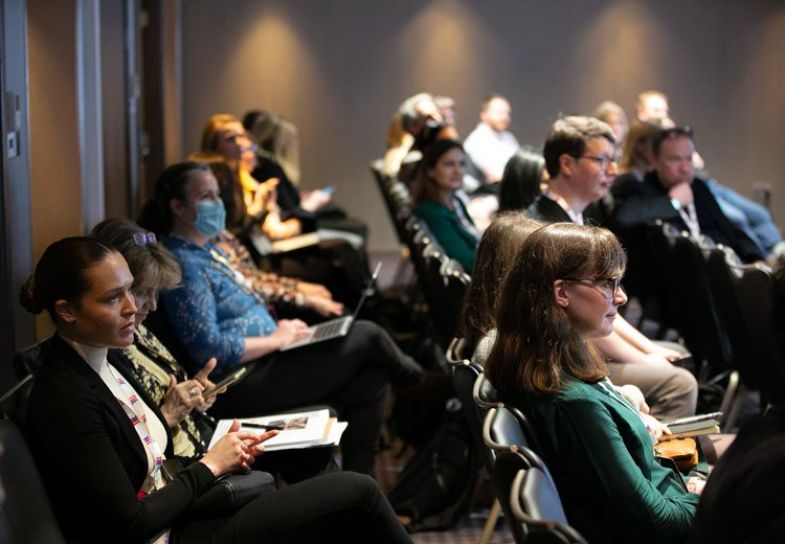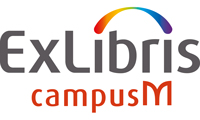
If institutions co-develop apps that improve the student experience, cohorts will engage with them
Users must be at the heart of digital technology interventions – the tech itself is secondary, according to David Goddard, head of digital student experience at University College London (UCL) in the UK.
“Our vision was to create a single place to access all information and services to help UCL students navigate, discover and connect,” Goddard told a session at THE Digital Universities Week UK 2022. “We wanted to make a 24/7 relevant [platform] so that it was the first thing students looked at when they got up in the morning.”
UCL adopted ExLibris’ campusM platform, which is a mobile app that universities and institutions can customise. “We’ve created a one-stop shop for students, delivering experiences that are personalised,” says Matt Sherlock, director of product strategy for campusM at ExLibris.
UCL, which branded its app UCL Go, first wanted to know what its students actually needed, said Goddard.
Goddard and his team went to UCL’s campus and spoke to students. “We found that they were interested in talking to us and being involved,” he said, adding that the team solicited about 200 opinions in three hours. “It validated a lot of our hypotheses and ideas.” But it also added other ideas such as the need for a “wayfinding” map to help students navigate campus, which had not been included in their original vision statement.
Using a beta testing group of students, the team was able to test the app and students indicated what they liked and would remove. By partnering with the university’s technology society, the team could engage with students and the data the app collected.
These groups “allowed us to test quickly”, Goddard said. This was important because it reduced misunderstandings between students and the product developers. “It can be incredibly difficult to communicate an idea and see that you’ve been understood,” he explained. By working together in this way, students saw that the university was listening to them and taking their ideas on board. “It proved that it wasn’t just lip service."
The close engagement also allowed Goddard’s team to quickly cut features that didn't work. “The hallmark of innovation isn’t the number of great features you put out there and deploy, it’s how quickly you kill bad ideas,” he said.
By collaborating closely with ExLibris campusM, UCL was able to build a product that students wanted to use. “If we build a good product, [the students] will come [and use it],” Goddard said.
“It’s about delivering an experience – the technology helps us to do that,” said Sherlock.
Find out more about ExLibris campusM

